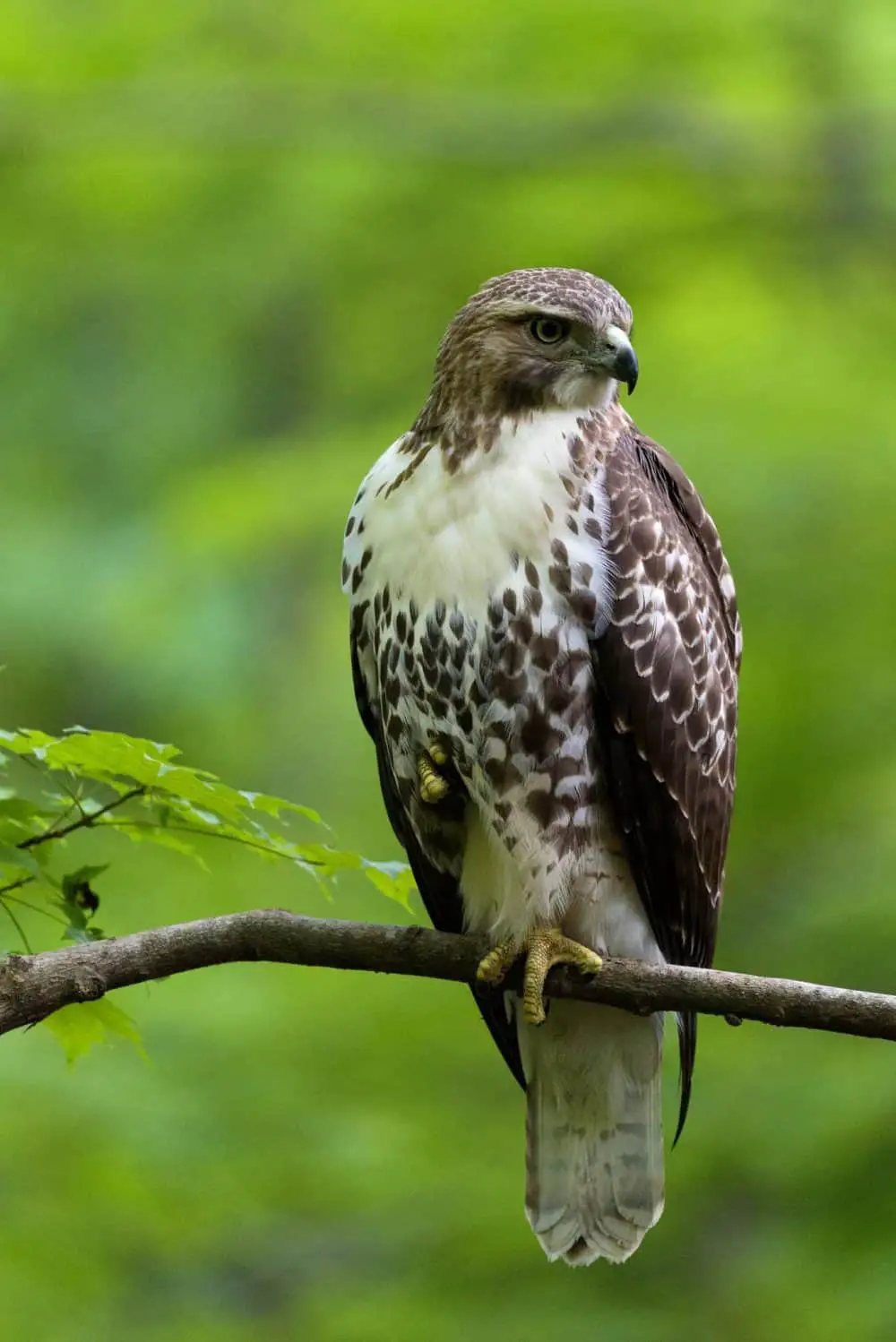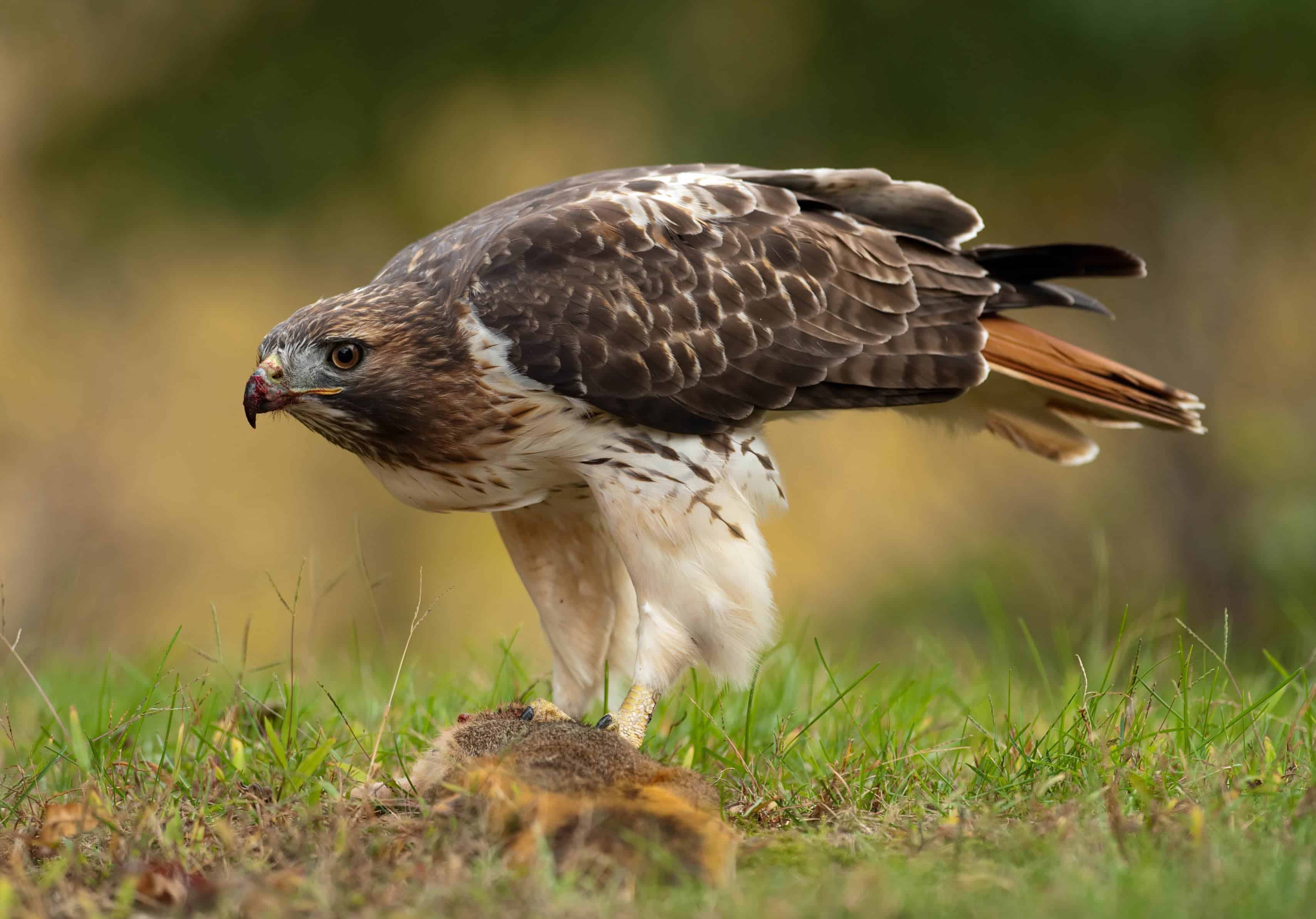Unveiling The Power Of 'Hawk': From Majestic Raptors To Political Firebrands
The word "hawk" carries a significant weight, conjuring images of power, precision, and an undeniable intensity. It's a term that transcends its literal meaning, finding its way into various facets of our language and culture. From the breathtaking birds that dominate the skies to the fiery rhetoric of political debate, "hawk" embodies a certain unyielding force. But what exactly defines a hawk, and how has this powerful word come to signify so much more than just a creature with wings?
Join us as we delve into the multifaceted world of the "hawk," exploring its biological marvels, its historical political significance, and the enduring symbolism it holds in our collective consciousness. Prepare to uncover the raw energy and focused determination that makes the concept of "hawk" so potent, whether soaring above or shaping policy.
The Majestic Birds of Prey: True Hawks and Their Kin
At its most fundamental, the meaning of hawk refers to any of numerous diurnal birds of prey belonging to a suborder (Falcones of the order Falconiformes) and including all the smaller members of this group. These magnificent raptors are renowned for their incredible hunting prowess and their keen senses, making them apex predators in their ecosystems.
Hawk hawks are birds of prey found worldwide, adapting to a vast array of environments from dense forests to open plains. They are active during the day, a characteristic that distinguishes them as diurnal hunters. Their hunting strategy is often a display of breathtaking agility and speed: they hunt small animals by chasing them down at high speeds, utilizing their powerful wings and sharp talons to secure their prey. These birds are easily recognizable from their distinctive silhouettes in the sky, their sharp, hooked beaks, and their piercing eyes, which grant them exceptional vision for spotting prey from great distances.
Diverse Species and Their Habitats
The avian world of hawks is incredibly diverse, encompassing many different species of both “true hawks,” in the Accipiter genus, and birds in other genera also commonly referred to as hawks. Each species possesses unique adaptations and preferences for its habitat:
- Arctic Breeders: Some of these raptors breed along cliffs in the high arctic, showcasing their resilience in harsh climates. They then winter all across the United States—except for parts of the most extreme southern regions, demonstrating remarkable migratory patterns.
- Southern Specialists: The common black hawk is rare in the U.S., overall, living mostly in Mexico, Central America, and northern parts of South America. However, some of them do cross the border into the southwestern U.S., particularly in riparian areas.
- Brazilian Eagles: The great black hawk, also known as the Brazilian eagle, is most common in South America or Central America, though their range does extend north into Mexico. These impressive birds prefer forested areas near water sources.
- Coastal Dwellers: Other hawk species thrive in California coastal regions, including much of Baja California, and the American South, where diverse landscapes provide ample hunting grounds. Northern and central Mexico also serve as crucial habitats for many hawk populations.
The sheer variety in their distribution underscores the adaptability and widespread presence of these incredible birds across the Americas and indeed, the globe.
The Political "War Hawk": A Term of Intensity
Beyond the realm of ornithology, the term "hawk" takes on a powerful metaphorical meaning, particularly in the political arena. The term war hawk, or simply hawk, is used in politics to describe someone perceived as favoring war or aggressive foreign policy. This usage highlights a decisive, often unyielding stance, much like a bird of prey poised to strike.
This political designation is not a recent invention. The term reportedly originated in the United States during the 1810 debates in Congress, specifically in the lead-up to the War of 1812. It was used to describe a faction of young, assertive politicians who advocated for military action against Great Britain. Since then, "war hawk" has become a staple in political discourse, instantly conveying a sense of strong, assertive, and sometimes confrontational policy preferences. It suggests a readiness to engage, to take decisive action, and to pursue objectives with unwavering determination, mirroring the focused intensity of a hunting raptor.
The Enduring Symbolism of the Hawk
Whether soaring through the skies or influencing policy decisions, the "hawk" consistently symbolizes power, speed, and an unyielding will. The bird itself embodies keen vision, swift action, and a predatory efficiency that commands respect. Its ability to spot opportunities from afar and strike with precision makes it a natural emblem of foresight and decisive execution.
In politics, the "hawk" represents a similar drive—a readiness to act, to push forward, and to confront challenges head-on. This dual meaning enriches our understanding of the word, allowing it to evoke both the raw, untamed power of nature and the focused, often aggressive, energy of human ambition. The concept of "hawk" is therefore not just about a bird or a political stance; it's about a particular kind of impactful energy—a force that is both formidable and unforgettable.
In summary, the word "hawk" is far more than a simple noun; it's a powerful descriptor that encapsulates a range of intense characteristics. From the literal majesty of diurnal birds of prey, known for their global presence, high-speed hunting, and diverse habitats, to its metaphorical use in politics describing proponents of assertive action, "hawk" consistently conveys a sense of strength, precision, and unwavering determination. This exploration reveals how a single word can embody such profound and impactful meanings across different contexts.

2,000+ Free Hawk & Nature Photos - Pixabay

Hawks of Texas (11 Species with Pictures) - Wild Bird World

50 Red Tailed Hawk Facts About The Large Bird of Prey - Facts.net